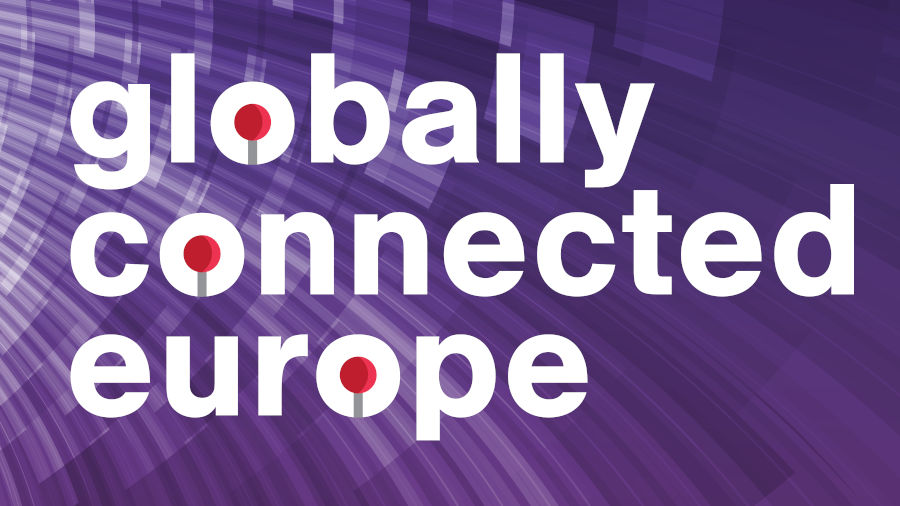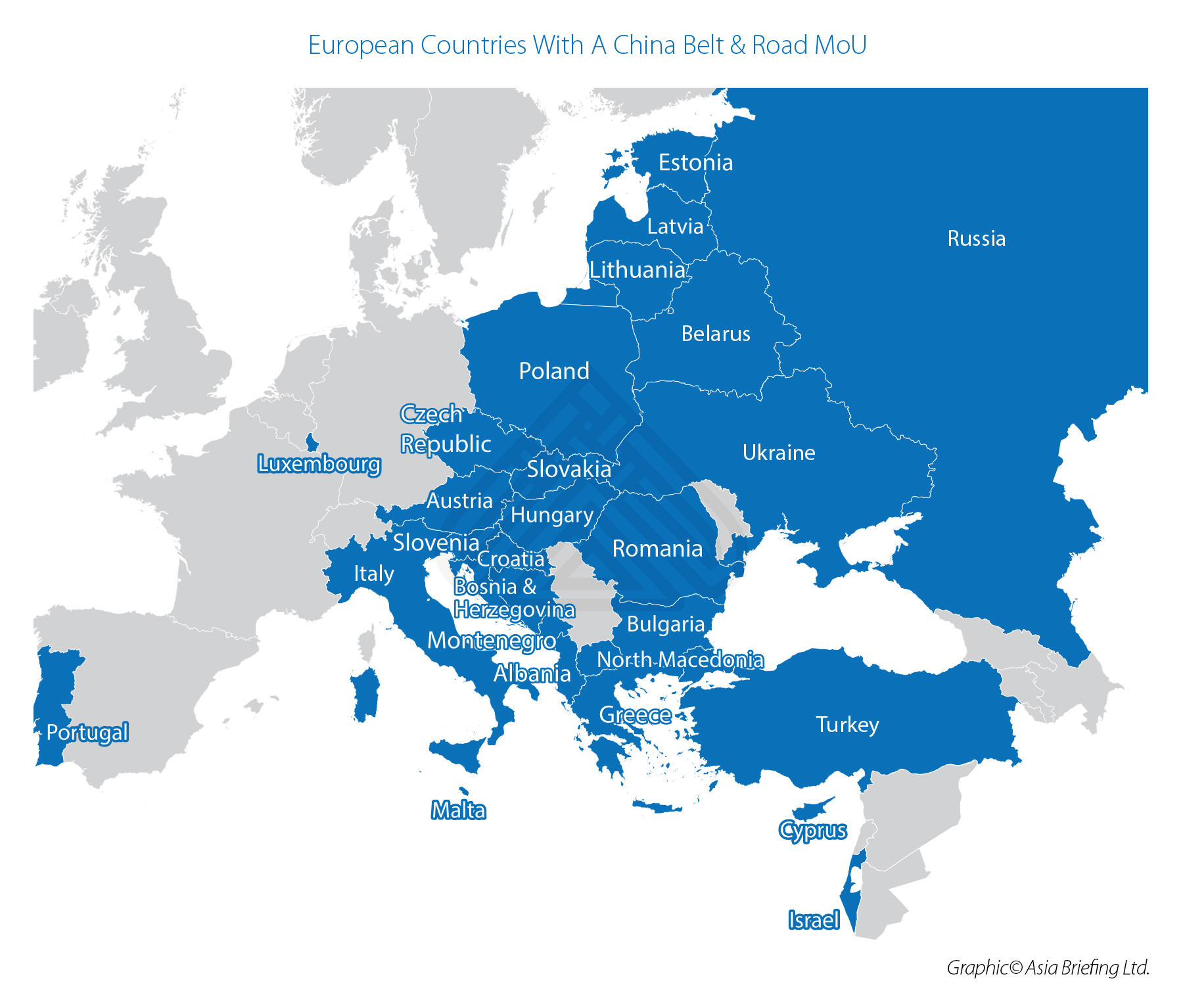EU Foreign Ministers Approve The ‘Globally Connected Europe’ Scheme As A Belt And Road Initiative Alternative

By Chris Devonshire-Ellis
European Union foreign ministers have approved plans to develop a rival global investment strategy to act as an alternative to China’s Belt and Road Initiative.
The EU’s economic, foreign and development policy, as well as security interests will be advanced, while also promoting European values – typically a euphemism for democracy and related pre-conditions.
Brussels has been alarmed at Chinese investments and majority ownership of ports in EU members states Greece and Italy, which Brussels recognizes as vital supply chains through the Mediterranean Sea.
The new EU initiative, titled “Globally Connected Europe” is to coordinate and promote for investments in visible infrastructure projects to link Europe to the world from 2022. Josep Borrell, the EU’s High Representative of the European Union for Foreign Affairs and Security Policy has stated “It has a broader purpose to put connectivity at the center of our external policy. We started to do this two years ago with our agreement with Japan. But it seems that today is much more important for us to look at the connectivity problems with the broader Middle East and looking forward to Central Asia and China, but not with the same approach and the same purposes that China has with the Belt and Road initiative.”

The EU hopes that better connectivity will result in a diversification of supply chains and a reduction of strategic dependencies upon China and to some extent Russia for the EU and its partners.
Part of the reasoning to build alternative infrastructure is a view that European countries need to be wary of becoming too dependent on Beijing, in terms of infrastructure, but also in terms of trade, to avoid bottlenecks in case of a supply chain shock.
Alicia García-Herrero, of Bruegel an EU think tank suggests that “Importing, for example, 90% of a critical product through a port that belongs to China and suddenly trying for whatever reason to argue against whatever with China, then you have two potential bottlenecks: your imports and your ports.”
However, this view doesn’t consider that seaports, while they may be operated and leased by China, remain the property of the sovereign state concerned. There has also been no prior behavior by Chinese port operators that they would seek to interfere with operations in such a manner – after all it would destroy their operational income.
The EU has also cited the problems that EU candidate country Montenegro, in struggling to repay a US$1 billion Chinese loan for a highway route through to Serbia. That project has been delayed due to Covid meaning that planned revenues from the route have not yet materialized. China has deferred the loan until late 2022, however Montenegro has shopped around for assistance and has agreed with two US and one French bank loans to repay the China debt.
At present there appears little of substance in the ‘Globally Connected Europe’ scheme and no financing figure has been declared, neither have any projects yet been announced, although this will only be a matter of time.
It will be interesting to note that as China-EU rail freight is set to double again in 2021, and EU-China trade has increased despite the freezing of the CAI agreement, how the EU views the creating of alternative supply chains will accommodate its trade with China – and Asia – while proposing alternative supply chains.
Related Reading
- The EU-China CAI Investment Breakdown: What EU Manufacturing Sectors Could Be Hit?
- European Rail Cargo Operators Reporting 100% Plus Increases For 2020 Belt and Road Freight
About Us
Silk Road Briefing is written by Dezan Shira & Associates. The firm has 28 offices throughout Asia, and assists foreign investors into the region. For strategic advisory and business intelligence issues please contact the firm at silkroad@dezshira.com or visit www.dezshira.com





